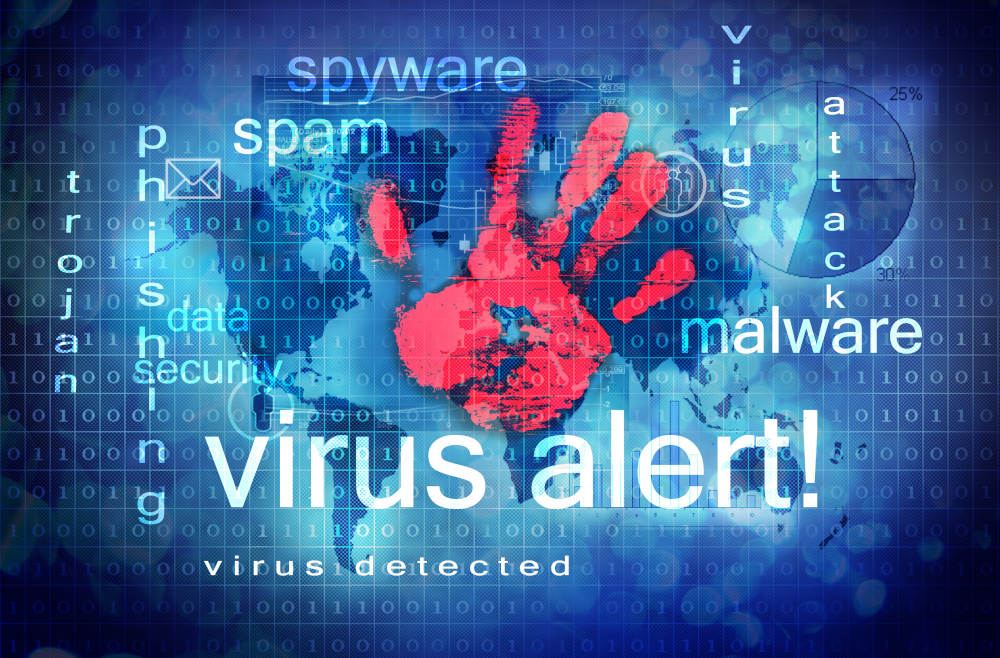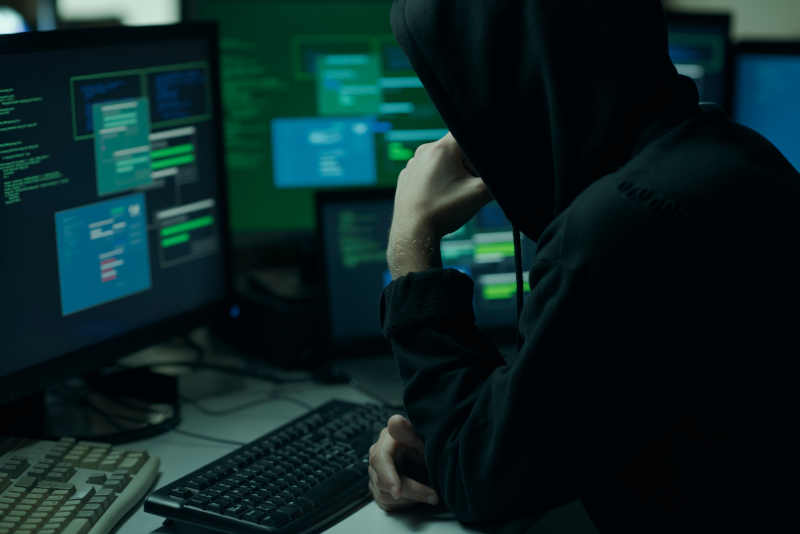Over the last few years, ransomware has stood out as being of the most destructive and pernicious cyber attacks in history. Global ransomware attacks have disrupted public health and transportation systems as well as municipal governments. Data backups are the best protection strategy against ransomware, but sophisticated hackers have come up with a way to defeat this strategy.
New Ransomware Security Threats
Earlier this year, information security experts detected a new ransomware strain that detects the presence of backups in an infected system and either proceeds to delete them or encrypt them before applying an encryption layer to the rest of the files. Once this is accomplished, a ransom message will be displayed with instructions to make payments, usually in the Monero cryptocurrency, for the purpose of obtaining a key to decrypt the infected files.
[su_note note_color=”#F4f4f4″]Computer users infected with ransomware are often urged to not make ransom payments for two reasons. Law enforcement officials believe that these payments will only encourage hackers to continue plying their wicked trade. Information security experts cite many cases of hackers giving incorrect decryption keys after receiving payments. Nonetheless, hospitals in California have made such payments because their data backup strategies were inadequate, and even law enforcement agencies have chosen to pay off hackers in exchange for decryption keys.[/su_note]
Protecting Data From Cyberattacks
As previously mentioned, a reliable and secure backup strategy is the best protective measure against ransomware attacks; however, the Zenis ransomware threat actually targets backups before proceeding to the encryption stage. The way Zenis works is by searching for known backup locations within a system, and this may include separate hard drive partitions, external hard drives and even USB keys connected to desktops, laptops, and tablets. Security researchers are concerned that future versions of Zenis could feature a way to breach cloud data backups that are not properly secured.
[su_note note_color=”#F4f4f4″]With new ransomware threats such as Zenis, there is a greater need for data backup practices that hackers cannot breach. If you use external solid state or USB drives, you should remove them from your system when the backup procedure has been completed; if you want to keep them attached, it is recommended that you protect them with a password or PIN access code, one that is not kept on the hard drive. Cloud storage can also be a good option for your files; if you have a Mac, iPad or iPhone, you can take advantage of the free iCloud service to minimize the risk of a Zenis attack.[/su_note]














